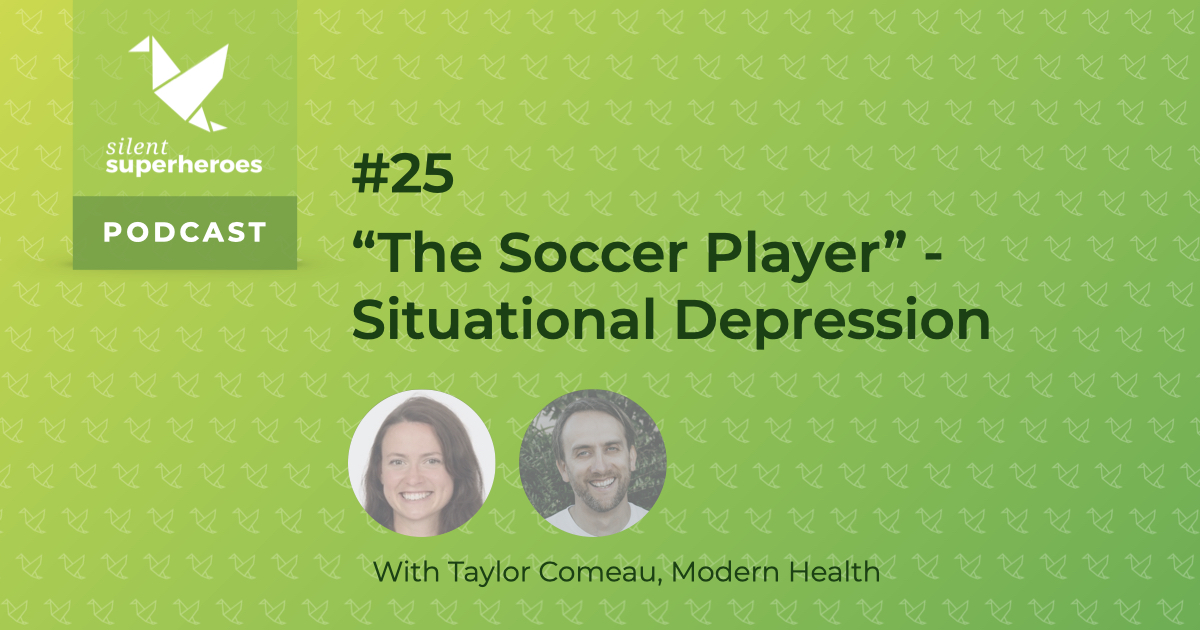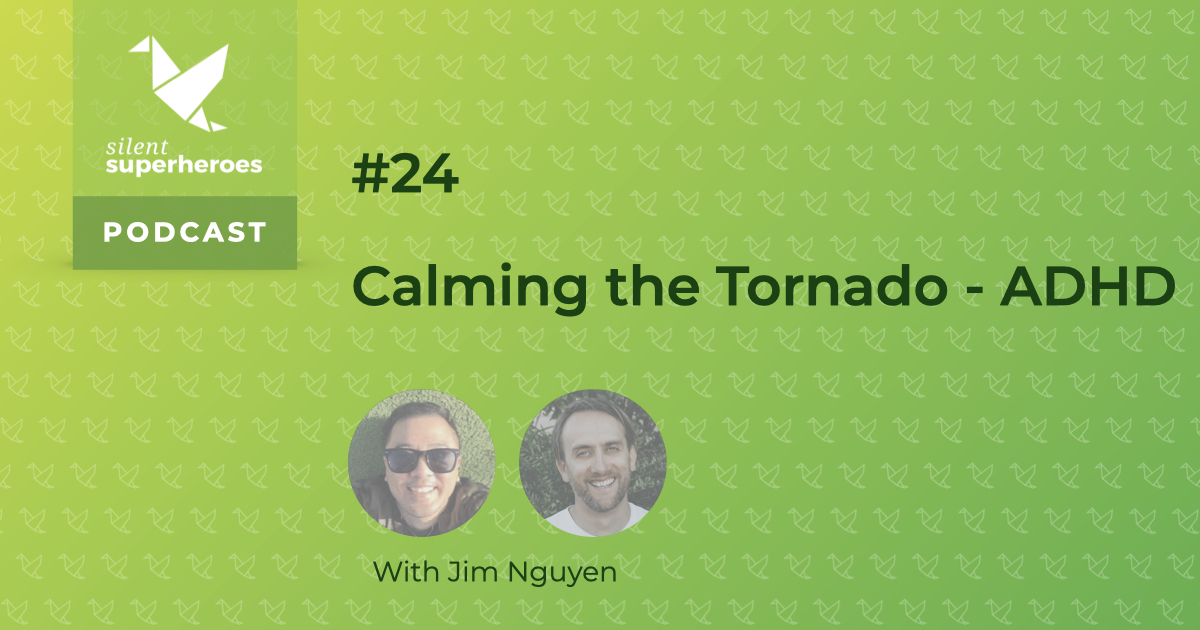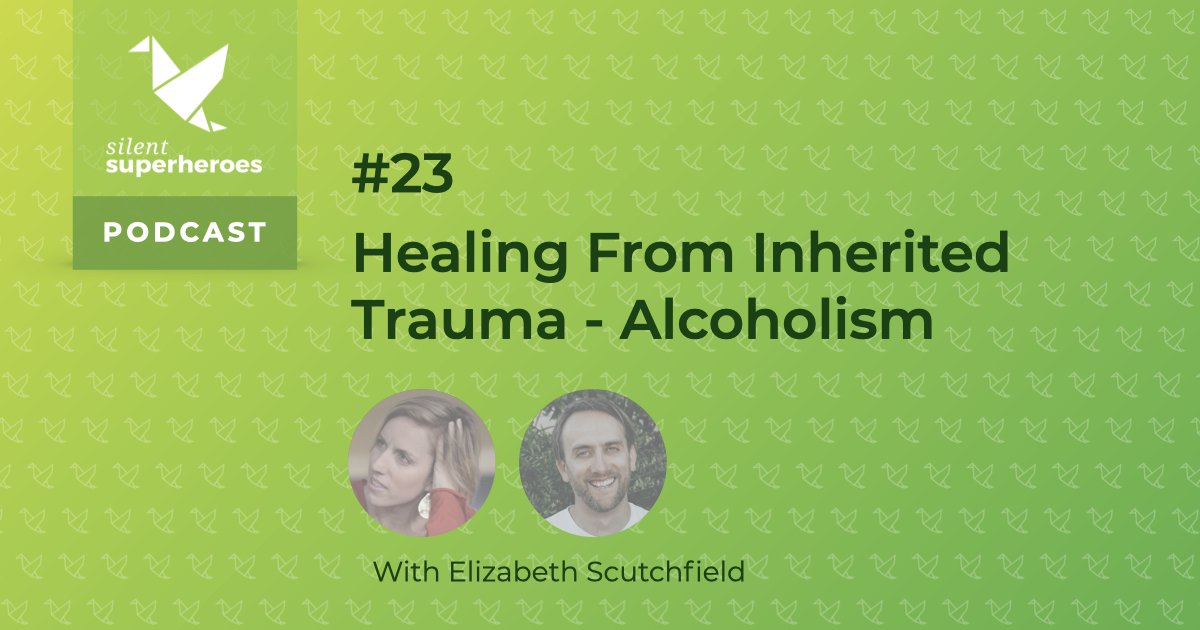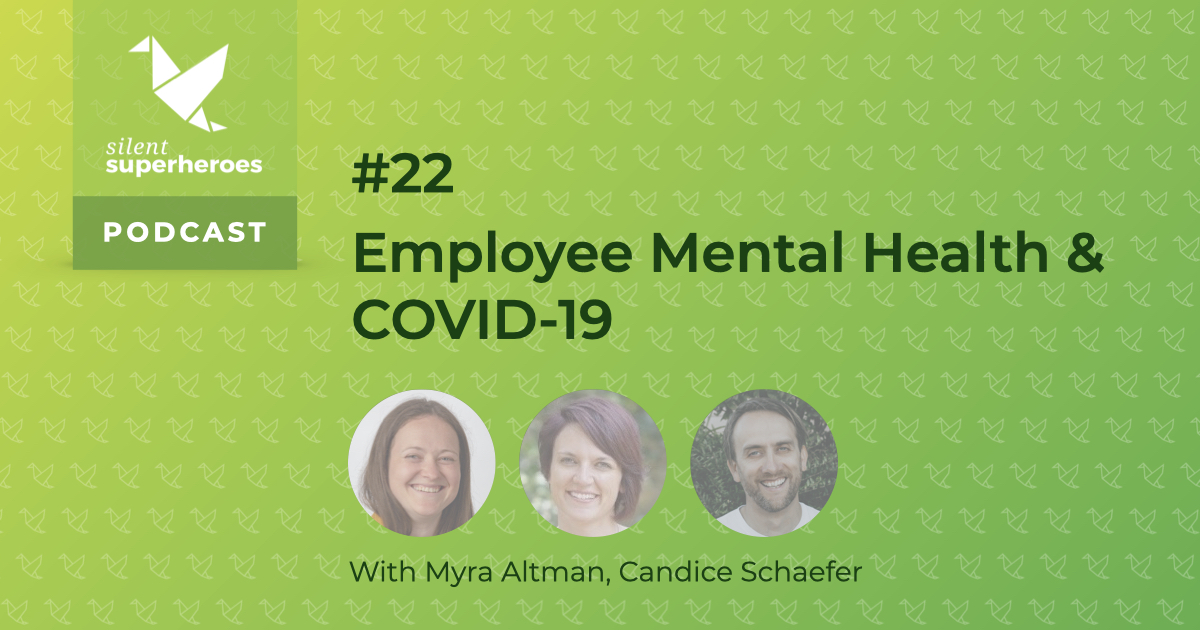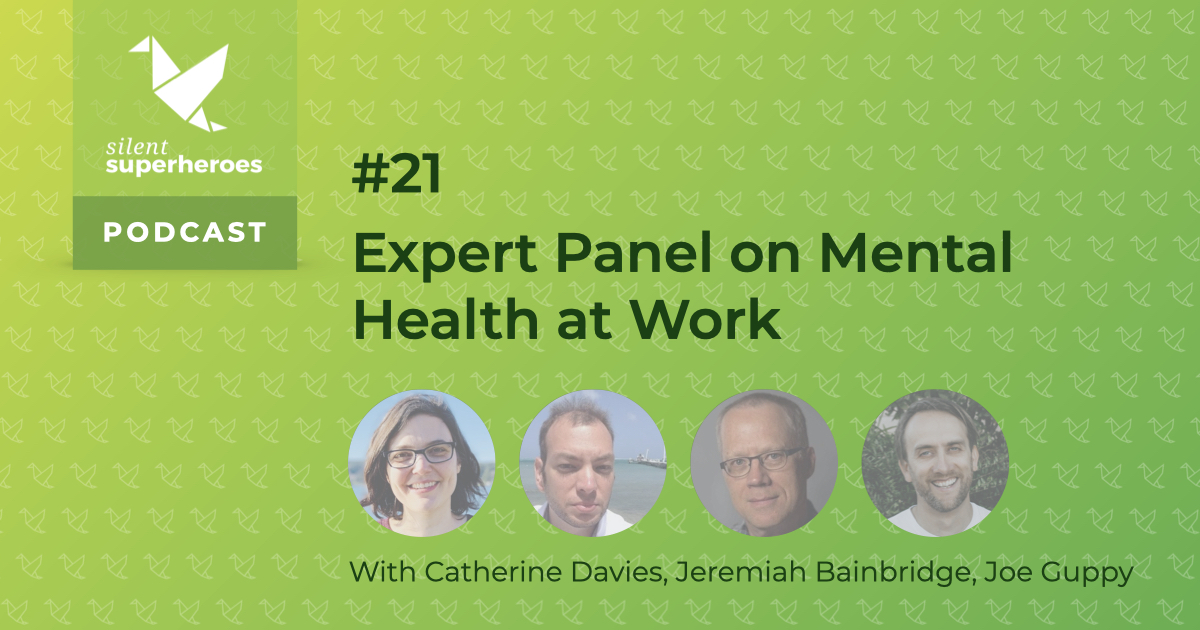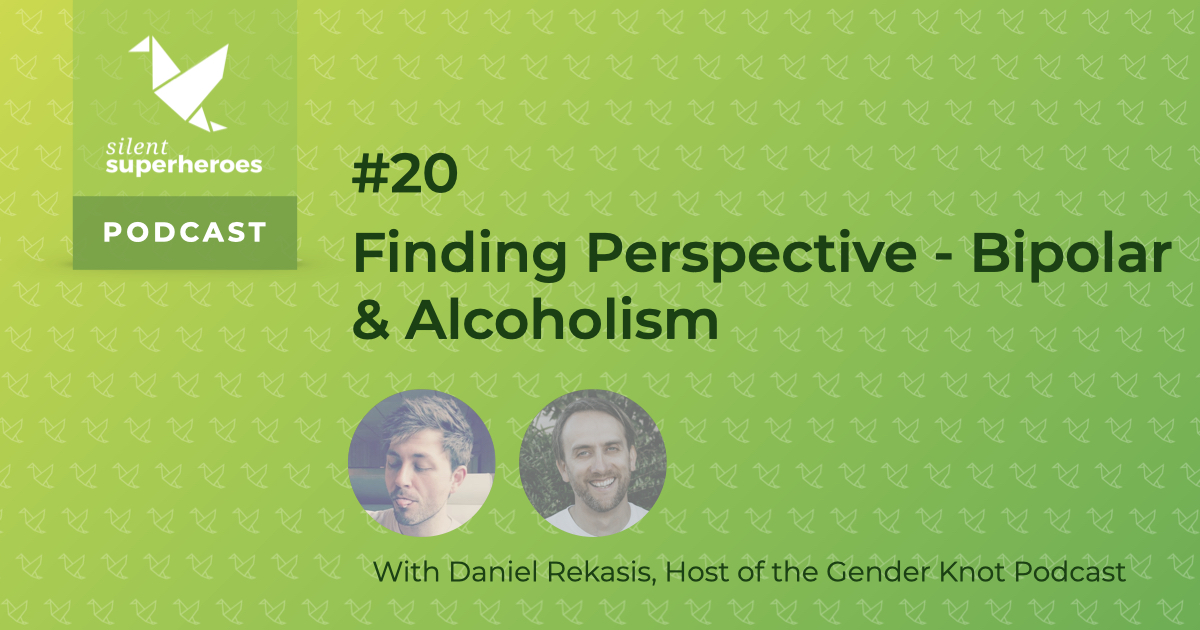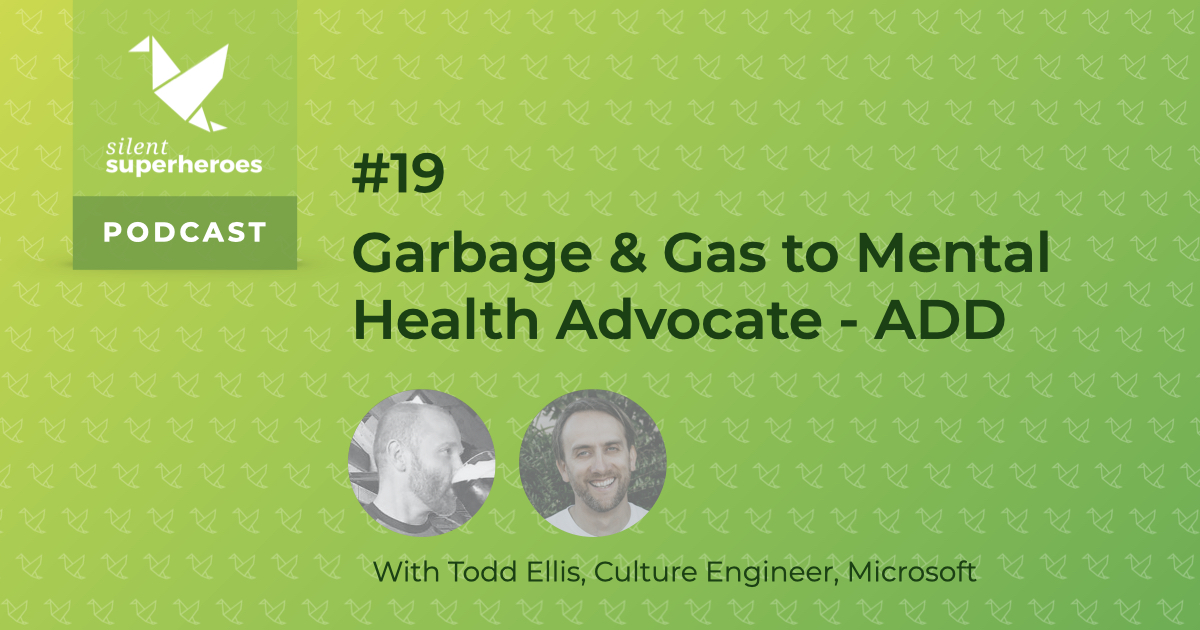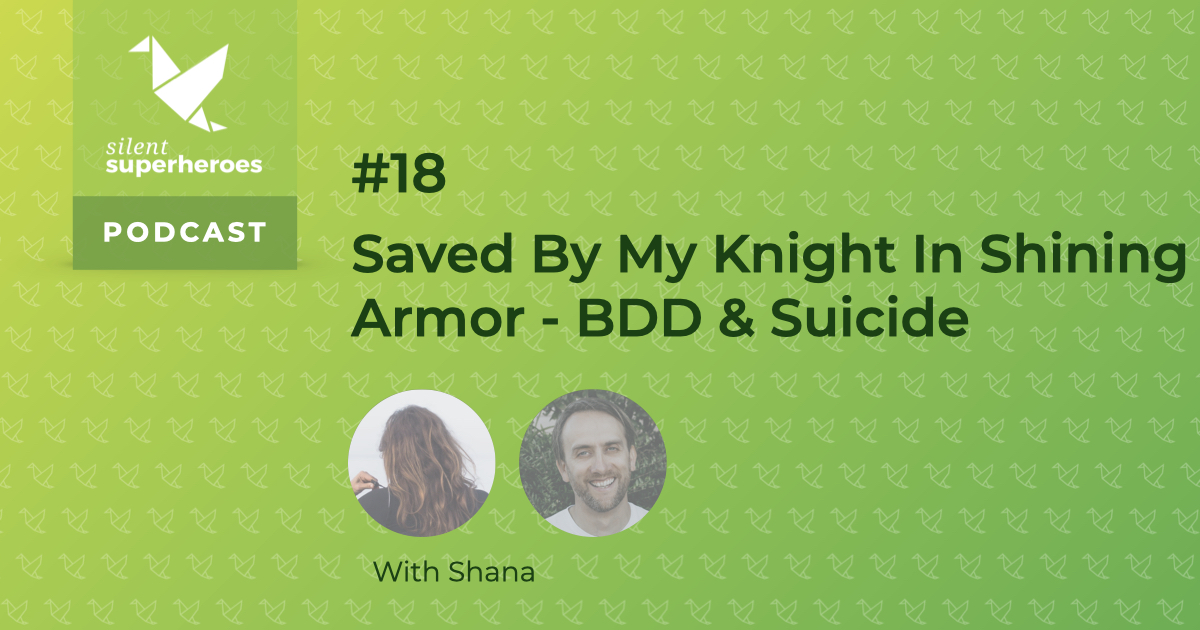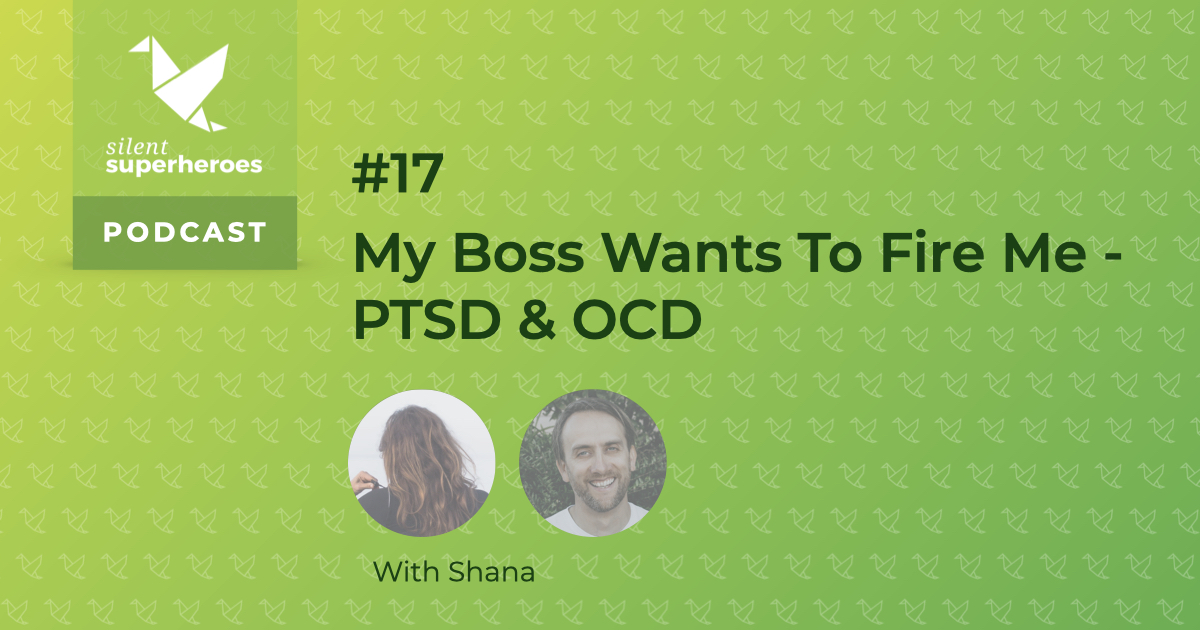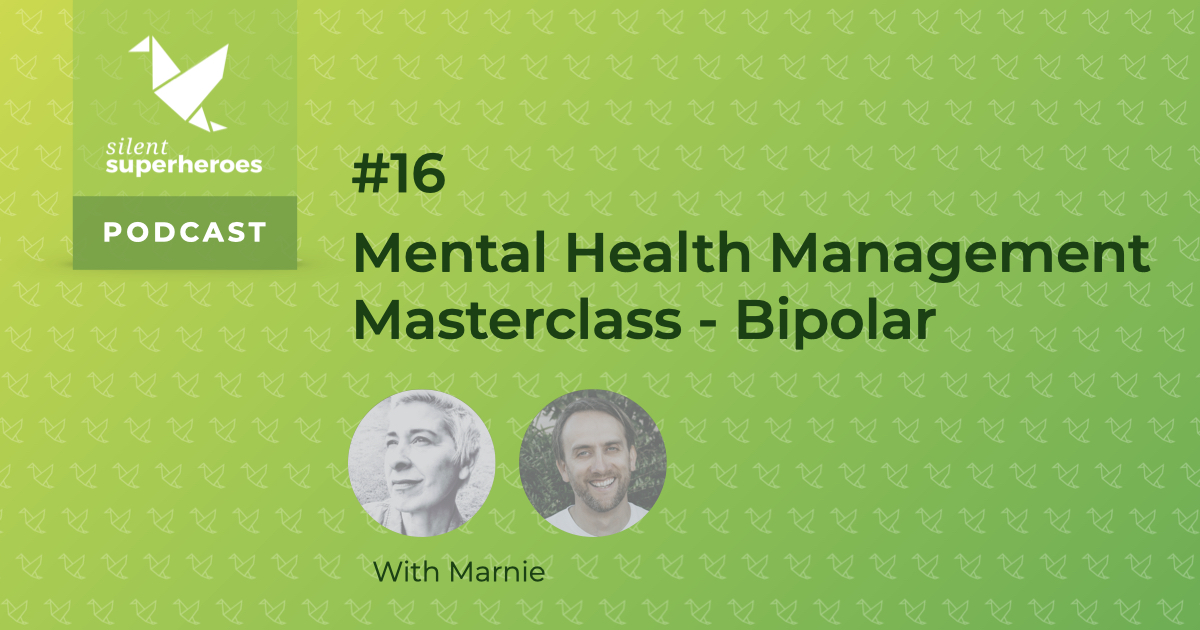Taylor Comeau ‘s retirement from professional soccer helped her realized mental health is as important as physical health. At the end of her she started experiencing situational depression and sought help from a therapist. Situational depression is a short term, stress related type of depression.
Listen To Episode 25
Podcast: Play in new window | Download (Duration: 35:12 — 18.5MB)
Show Notes
I’m a huge fan of soccer. I don’t remember the exact moment I became a fan, but it feels like forever. As a fan, I sit on my couch or in the stadium, following the rollercoaster journey of supporting my team. I’d always wondered, what’s it like to be on the pitch with thousands of fans watching.
I connected with Taylor via some friends at Modern Health, where she is working in sales. After looking her up on LinkedIn I learned that she’d paid professional soccer. Excited, I reached out and set some time to meet. I know it takes a lot to reach the pro level in most sports. Even talented athletes that work incredibly hard don’t make the grade. As I started to ask Taylor about her journey and how it affected her mental health, I started to understand the relentless drive it takes to make it and the sacrifices you make along the way. Sacrifices that surely affect your mental health.
In this episode of Silent Superheroes, Taylor Comeau shares her experience growing up in a family of athletes and the competitive culture of the Bay Area. After that, she talks about the drive it took to succeed and the difficult decisions and tradeoffs she made. She talks about the conflict between her desire to continue to grow her career and the need to be able to spend more time with family and friends. Finally, she recalls how she had to confront her situational depression and shares how she’s doing now.
About Situational Depression
Situational depression is a short-term, stress-related type of depression that can develop after you experiencing a traumatic event or series of events. It can make it hard for people to adjust to everyday life following a traumatic event. Situational depression is also known as reactive depression. Situational depression can be triggered by problems at work or school, illness, death of a loved one, moving and relationship problems.
Getting Support
Remember, the people you hear on Silent Superheroes are sharing their opinions about mental health and mental illness. They are not giving advice. For that reason, please consult with your care provider before making a change to your treatment approach.
It’s important to take your mental health seriously. Consequently, if you need to speak to someone you can call 1-800-273-8255, or text crisistextline.org on 741741. Both provide 24×7 confidential counseling to people in the United States. Worldwide visit http://iasp.info/resources/Crisis_Centres/
Because you listened to the podcast, you can help others find it by leaving us a review on iTunes. Or if you don’t use iTunes, leave a review on your favorite podcasting service.


